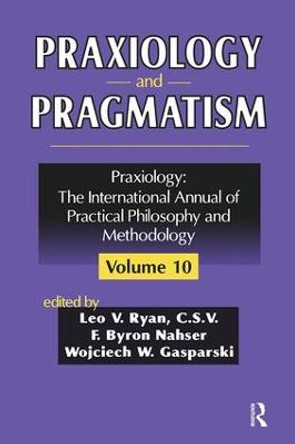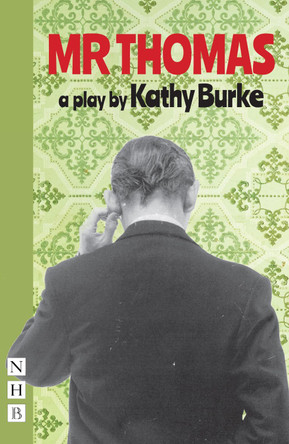Description
F. Thomas Burke believes that pragmatism, especially as it has been employed in politics and social action, needs a reassessment. He examines the philosophies of William James and Charles S. Peirce to determine how certain maxims of pragmatism originated. Burke contrasts pragmatism as a certain set of beliefs or actions with pragmatism as simply a methodology. He unravels the complex history of this philosophical tradition and discusses contemporary conceptions of pragmatism found in current US political discourse and explains what this quintessentially American philosophy means today.
A look back at pragmatism to chart its course for the future
About the Author
F. Thomas Burke is Professor of Philosophy at the University of South Carolina. He is author of Dewey's New Logic: A Reply to Russell (1994) and co-editor of Dewey's Logical Theory: New Studies and Interpretations (2002) and George Herbert Mead in the Twenty-First Century (2013).
Reviews
What Pragmatism Was makes an important contribution to our understanding of pragmatism. Burke's prose is lucid and precise, and his scholarship is first rate. His book is to be strongly recommended to those interested in pragmatism and its history. It would also be useful as secondary reading for undergraduate and graduate classes in Pragmatism.
* Notre Dame Philosophical Reviews *Highly recommended.
* Choice *[This] is . . . a work from which all pragmatists can and, I would add most certainly should, learn.
* Transactions of the Charles S. Peirce Society *Book Information
ISBN 9780253009586
Author F. Thomas Burke
Format Paperback
Page Count 256
Imprint Indiana University Press
Publisher Indiana University Press
Weight(grams) 363g








